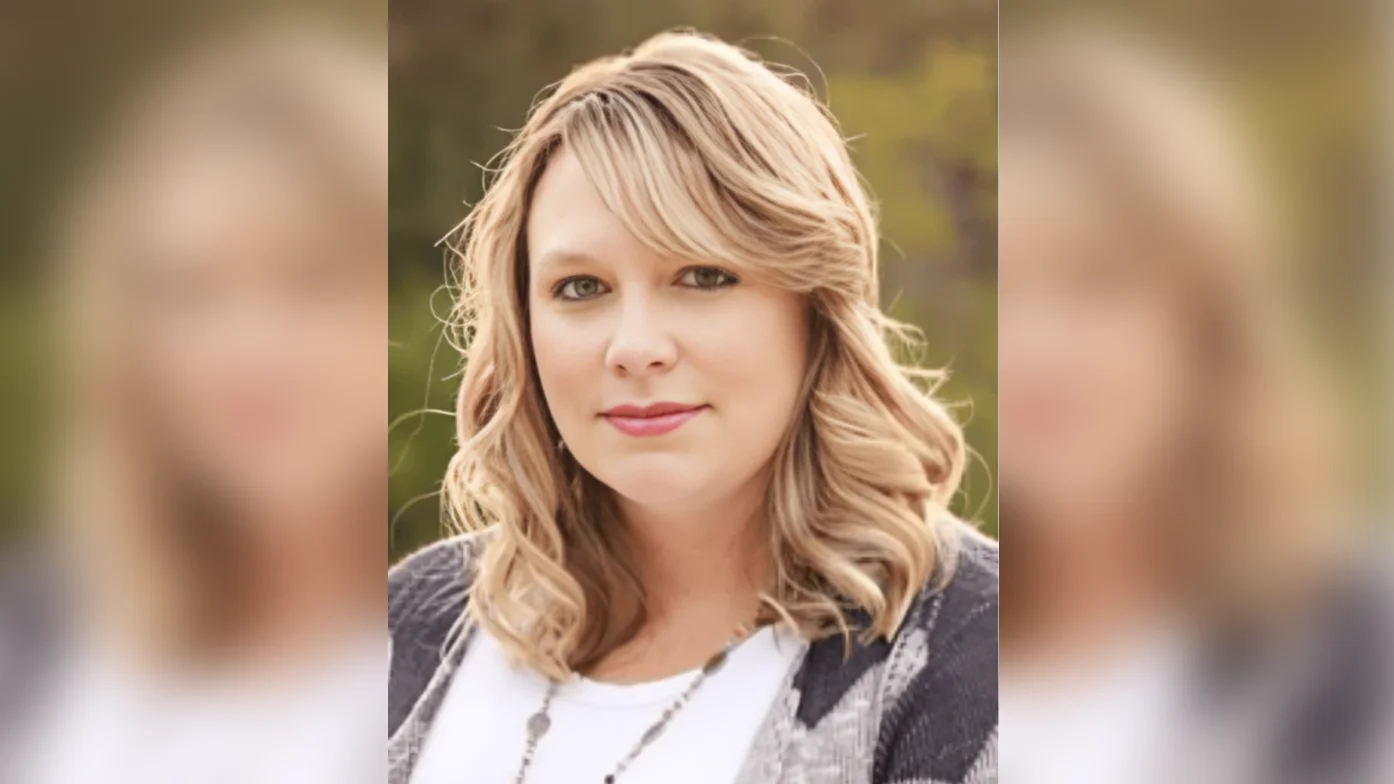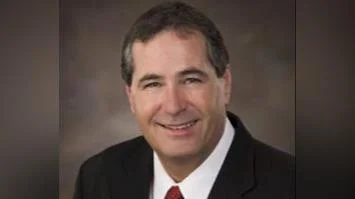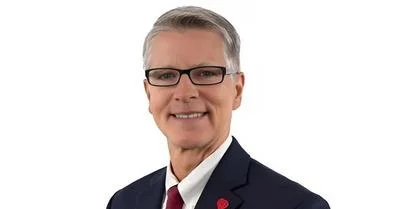Dr. Holly Gruhlke Vice President | Dickinson State University
Dr. Holly Gruhlke Vice President | Dickinson State University
Dickinson State University (DSU) has announced that its Associate of Applied Science in Practical Nursing (AASPN) and Bachelor of Science in Nursing (BSN) programs have received continuing full accreditation from the Accreditation Commission for Education in Nursing (ACEN). This accreditation highlights DSU’s ongoing efforts to maintain high standards in nursing education and addresses the increasing healthcare demands in the region.
The practical nursing program has achieved continuing accreditation with removal of previous conditions, with its next evaluation scheduled for fall 2031. The baccalaureate program also earned continuing accreditation, with removal of good cause, and will be evaluated again in fall 2029.
“These outcomes are a testament to the dedication, rigor, and quality of our DSU nursing faculty, staff, and students,” said Co-Director Carey Haugen. “Accreditation by ACEN is a rigorous and thorough process. It affirms that our programs meet national standards, and it empowers our graduates to practice with confidence statewide and beyond.”
Co-Director Collette Christoffers commented on the achievement: “We are extremely proud of this achievement. It took over a year of planning, continuous improvement, and collaboration with clinical partners. Our accreditation status strengthens DSU’s position as a key contributor to the nursing workforce in North Dakota and the surrounding area.”
DSU President Scott Molander emphasized the significance for both the university and its community: “This full accreditation is a major win for DSU and for our region,” he said. “It reflects our institutional commitment to high-quality health professions education, and it positions DSU to expand nursing capacity even further in the coming years.”
Vice President for Academic Affairs and Provost Holly Gruhlke noted how this milestone aligns with DSU’s mission: “DSU’s nursing success aligns squarely with the university’s academic mission of serving our rural communities,” she stated. “With this accreditation in hand, we will move forward to innovate, grow, and strengthen our nursing offerings. We are so grateful to our talented nursing administrators and faculty for their hard work and dedication to our students.”
Looking ahead, DSU plans to expand its educational pathways by opening additional seats in its Licensed Practical Nursing program this spring. This move aims to provide more opportunities for students seeking entry into healthcare careers while helping facilities address staffing needs. Additionally, DSU intends to launch a traditional four-year BSN program starting fall 2026 targeted at recent high school graduates or those pursuing other academic tracks.
These expansions will be supported by a team of experienced educators who possess advanced credentials as well as significant clinical backgrounds connected closely with regional healthcare providers.
The announcement comes at a time when there is an increased demand for nurses both nationally and within rural communities. Projections from federal agencies suggest there will be about 189,100 openings annually for registered nurses over the next decade due mainly to retirements and workforce turnover. There is also an anticipated 10% shortage of registered nurses across the country by 2027; shortages among licensed practical nurses are expected through at least 2037.
In North Dakota specifically, although historically boasting more nurses per capita than many states nationwide, there was a net loss of 313 licensed nurses between 2022–2024 according to data from University of North Dakota's College of Nursing & Professional Disciplines' biennial report. Registered nurse vacancy rates have exceeded 12% at rural hospitals based on information gathered by state health organizations.
Such trends highlight how regionally focused programs like those at DSU play an important role in addressing workforce gaps—particularly through initiatives shaped by its Dual Mission Institution designation—which supports preparing competent graduates ready to serve rural areas.






 Alerts Sign-up
Alerts Sign-up